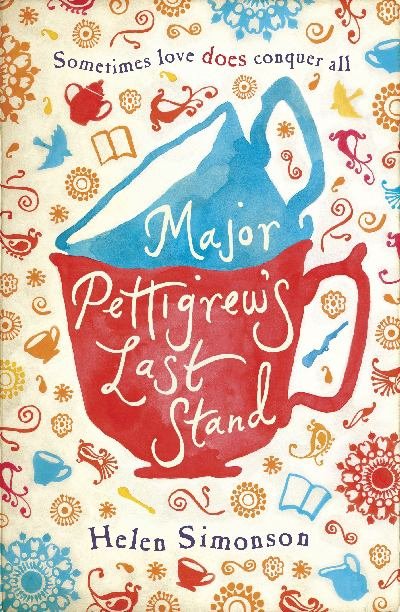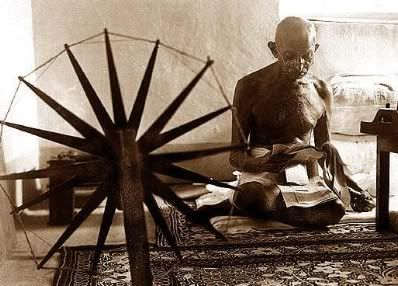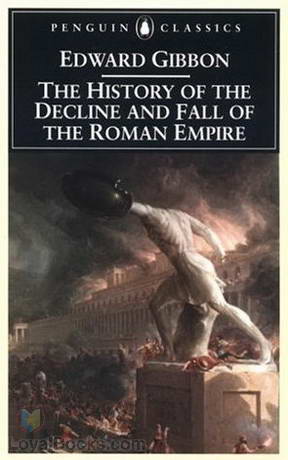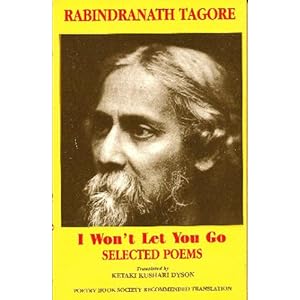Rating: 7/10
Review:
Simultaneously referred to as the toughest to read, most uninteresting, most controversial of Austen's popular six novels, Mansfield Park is all that and more. The story of good, honest, mildly annoying Fanny Price, moralizing, more annoying, incredibly boring Edmund Bertram is one of an unlikely hero and a heroine, a far cry from the Elizabeth Bennets and the Captain Wentworths of the Austen world. Indeed the two other major characters of Mansfield Park, the glamorous and utterly fascinating brother and sister duo of Henry and Mary Crawford are far more interesting.
However, Mansfield Park is easily the most intriguing of Austen's books, for it tends to be the antithesis of Pride and Prejudice. The setting is so much more grim, realistic, and despite the tongue in cheek commentary and ridiculously brilliant comic interludes in the form of Mrs. Norris, remains a far cry from the unabashed entertainment of Pride and Prejudice. Indeed, the heroine of Mansfield Park is more a Mary than Elizabeth Bennet and it wouldn't be a stretch to compare Edmund's sermons to Mr.Collins'.
For the reader expecting a conventional Austen tale, this is a rather incredible experience: a love story where it is easier to like the 'adversaries' and their charm,wit rather than the protagonists to whom you wouldn't mind saying the Regency-equivalent of 'Please loosen up'.
The Bertrams of Mansfield Park offer a home for their relative Fanny Price, away from the chaos and problems of her own family. Constantly shown her place by her aunt Mrs.Norris, Fanny grows up timid and shy, with only her cousin Edmund to offer her comfort and real care. As the charming Crawfords capture the imagination and hearts of her cousins, Fanny isn't too sure of her feelings towards them.
Much like most of the inhabitants of Mansfield Park, the reader too is likely to be enamoured by Henry and Mary Crawford. Therefore, when Austen sets up the book as Fanny and Edmund vs Henry and Mary, with Henry professing attachment for Fanny as Edmund does for Mary, she plays with the sympathies of the reader. Mansfield Park challenges the traditional notions of a likable heroine and a hero everyone is ready to fall in love with.
I will be the first to admit that reading Mansfield Park wasn't all easy going. While the typical wondrous satire of Austen is sure to keep one entertained, the fact that I wasn't all that emotionally invested in many of the main characters might have dampened my excitement. Like all of Austen's works, Mansfield Park is eminently quotable:
"But there certainly are not so many men of large fortune in the world as there are pretty women to deserve them."
"A large income is the best recipe for happiness I ever heard of."
"In a review of the two houses, as they appeared to her before the end of a week, Fanny was tempted to apply to them Dr. Johnson's celebrated judgment as to matrimony and celibacy, and say, that though Mansfield Park might have some pains, Portsmouth could have no pleasures."
"An engaged woman is always more agreeable than a disengaged. She is satisfied with herself. Her cares are over, and she feels that she may exert al her powers of pleasing without suspicion. All is safe with a lady engaged; no harm can be done"
As for the characters, Mrs.Norris is an incredible creation of comic genius. Exasperating to the point of calling Mrs.Bennet subtle and restrained, pointlessly wicked and mind-numbingly petty and miserly, she is an unforgettable character. [Part of me thinks that Austen made Edmund marry Fanny precisely because Mrs Norris predicts early in the book that they won't] Deservedly, she finds a place among 100 favourite fictional characters as chosen by 100 literary luminaries. Sally Beauman picked Mrs.Norris and provided us with a spot-on description:
"Mrs Norris in the glittering satire Mansfield Park, is Austen's most profound, subtle portrait of the banality of evil"
Mansfield Park is a rude shock to the reader who has imagined Austen as exemplified by the unforgettable Elizabeth-Darcy romance. Which is what, in my opinion, makes it mandatory reading for Austen fans. You might not adore the book, but it is worth reading for being a brave, unconventional satire. Mansfield Park would also make an excellent book club read, for the simple fact that there is so much to discuss: everything from how on earth Edmund thinks he could '..persuade her that her warm, sisterly regard for him would be foundation enough for wedded love' to what would happen if Mrs.Norris ever knew she inspired an annoying cat.
Recommended reading, to understand Mansfield Park better: How do you solve a problem like Fanny Price? by Lynn Shepherd

















